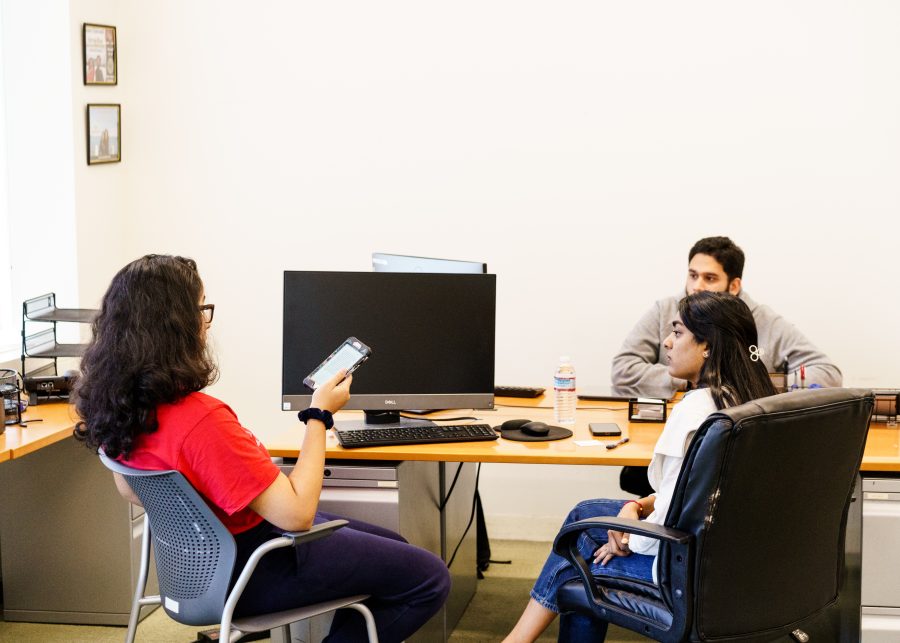Many women in Massachusetts are starting to see the long-awaited, widespread presence of female candidates on their ballots. This shift, which has included a significant increase in women running for prominent posts in the state government, comes only a year after Michelle Wu became the first woman elected mayor of Boston. People are ready to see this change.
Despite its progressive reputation, Massachusetts ranks 30th in representation of women in its state legislature. Up to this point, it has never elected a woman as governor, although Jane Swift was promoted to the acting governor in the absence of Paul Cellucci in 2001. This lack of representation falls behind every other New England state, and many wonder why Massachusetts has yet to follow in the footsteps of states such as New Hampshire.
After the primary election on Sept. 6, it seems that this will become a thing of the past. Democrats Maura Healey and Kim Driscoll have emerged as candidates for governor and lieutenant governor, respectively. If they are elected, it will be the first time two women have led Massachusetts, and Healey would be the first openly lesbian governor in Massachusetts history. They would also flip the office from Republican to Democratic. The issues they focus on in their campaign include transportation, housing costs and access to childcare. Healey also endorses child tax credits, criminal justice reform, increased access to healthcare, and reproductive rights.
“I know it’s historic. I also know this is about the resume, though. This is about picking the people that you want in government to best serve and deliver for you and your family,” said Healey
Andrea Campbell, the former Boston City Councilor, hopes to succeed Healey as attorney general. She would be the first Black woman to have that position.
On the Republican side, Leah Cole Allen won the lieutenant governor nomination, and Rayla Campbell is running unopposed for Secretary of State. Campbell will challenge sitting Democrat William Francis Galvin for the position.
In a poll from late July, run by Suffolk University and the Boston Globe, Healey was 31 points ahead of the Republican governor nominee, Geoff Diehl. Many, therefore, believe that it is highly likely that two women will soon lead Massachusetts.
The diversity in race, age and background of all the women that won in the primaries has also been praised.
Massachusetts still has a way to go. Women hold three of the nine Massachusetts House of Representatives seats. These three women are Lori Trahan, Katherine Clark and Ayanna Pressley, who will all be running for re-election as incumbents.
Here at UMass Boston, the vice president of Undergraduate Student Government is a woman. This organization helps address the problems and concerns of the undergraduate student body through its student-led senate. Having a woman at the head of such an organization is invaluable.
Approaching these primary elections is a historic time in Massachusetts. Regardless of the outcome in November, the political culture here will never be the same. Progress will continue. After the November midterm election, Massachusetts will have its first female lieutenant general, and from there, more women will be inspired and called to lead. Many believe this election will encourage even more female candidates to run in the next elections.
All the women in Massachusetts who have long dreamt of being represented in their state governments may finally get this wish. Anyone who feels strongly about this should be sure to get out and vote on Tuesday, Nov. 8, in the Massachusetts General Election.
Women dominate Massachusetts elections like never before
Undergraduate Student Government Vice President Anjani Naidu receives her weekly updates from Diversity Officer Zeina Alkurdi. Photo by Dom Ferreira / Photography Editor
About the Writer
Dom Ferreira, Photo Editor

